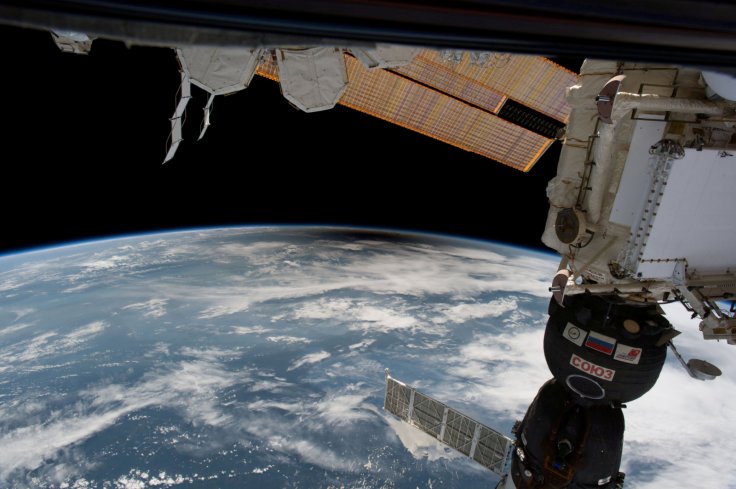
The head of Russia's Roscosmos Space Agency has alleged that the recent air leak in the International Space Station (ISS) might have been sabotage. Dmitry Rogozin, the space agency chief revealed that the air leak hole detected in a Russian spacecraft docked at the orbiting station on last Thursday was caused by a drill, and could have been done deliberately. The space chief added that the drilling might have done either back on earth or by astronauts at the ISS.
"There were several attempts at drilling. What is this: a production defect or some premeditated actions? We are checking the Earth version. But there is another version that we do not rule out: deliberate interference in space," said Dmitry Rogozin, the Guardian reports.
Rogozin also added that drill appeared to have been held by a wavering hand. As per the Russian space agency chief, finding the culprits behind this action is a matter of honor for Russia's Energiya space manufacturing company that made the Soyuz module.
Soon after the air leak hole was identified in the module, Rogozin had suggested that it could be the result of a small meteor hit. However, he later ruled out this possibility and has now come up with a sabotage plot which people have seen only in Hollywood sci-fi flicks.
In the meantime, Maxim Surayev a Russian MP who is also a former cosmonaut claimed that the drilling process might have been carried out by a psychologically disturbed astronaut who wished to reach home at the earliest.
"We're all human, and anyone might want to go home, but this method is really low. If a cosmonaut pulled this strange stunt—and that can't be ruled out—it's really bad. I wish to God that this is a production defect, although that's very sad, too—there's been nothing like this in the history of Soyuz ships," said Maxim Surayev.
There are currently six members deployed in the International Space Station comprised of two members from the Russian space agency, three from NASA, and one from the European Space Agency (ESA).









